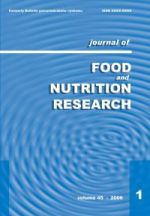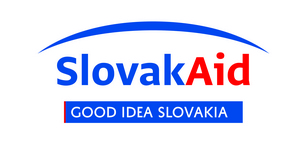The Codex Alimentarius Commission (CAC)
The Codex Alimentarius Commission is a body charged by the Food and Agriculture Organization of the United Nations (FAO) and the World Health Organization (WHO) with developing an international food code (food standards, guidelines and recommendations) under the FAO/WHO Joint Food Standards Programme. The main purposes are:
- protecting the health of consumers
- ensuring fair practices in the food trade
Membership of the Commission is open to all Member Nations (and Associate Members of FAO and WHO). As the CA is an intergovernmental programme, member governments are responsible for participating directly in standards setting, throughout the uniform procedure for the elaboration of Codex standards and related texts and implementation of them also.
Codex documents has become international reference documents for food safety under the WTO Agreement on the Application of Sanitary and Phytosanitary Measures (SPS Agreement), and issues related to international trade under Technical Barriers to Trade (TBT Agreement.
The Slovak Republic became the full member in 1994. The legal foundations and practical functioning of the Commission and its subsidiary bodies are described in the Procedural Manual of the Codex Alimentarius Commission.
In compliance with the Council Decision of 17 November 2003 on the accession of the European Community to the Codex Alimentarius Commission (2003/822/EC), and the 27th Session of Codex Alimentarius Commission held in Geneva in 2004 the European Community is a full member of Codex Alimentarius alongside its Member States.










